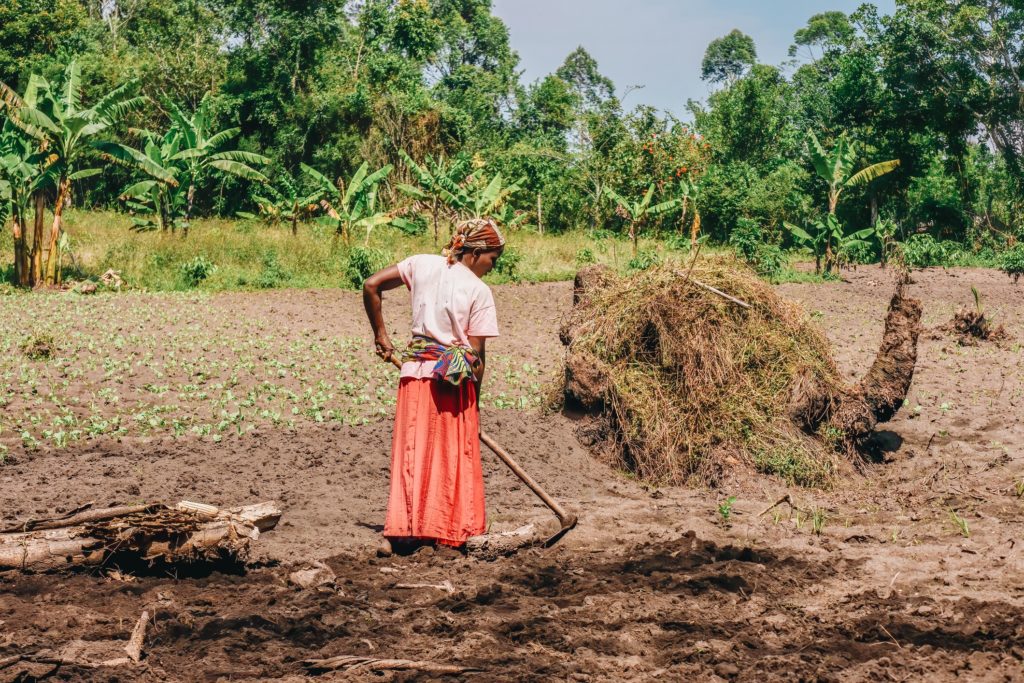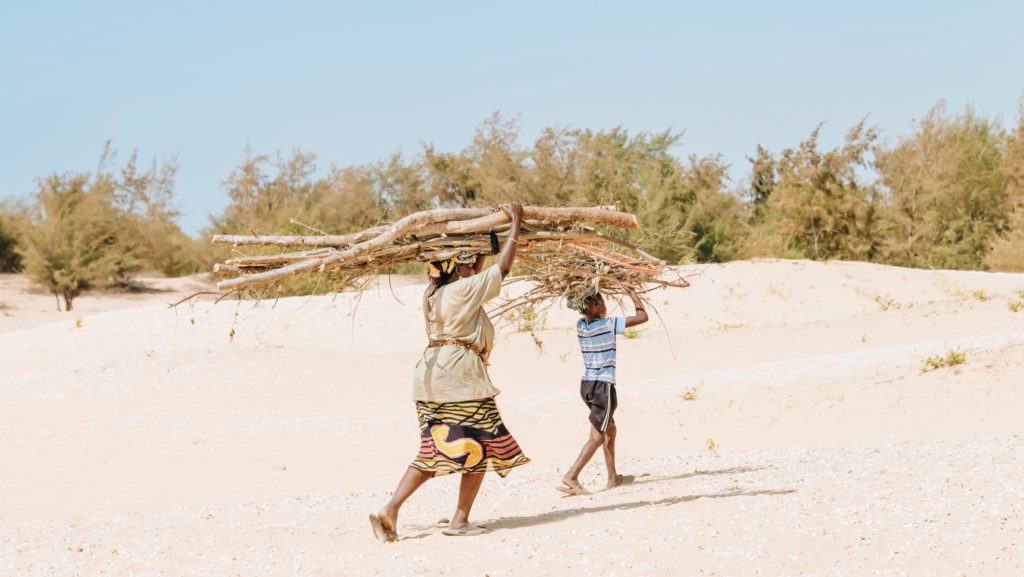A new study links subscriptions to satellite alerts to an 18 percent drop in deforestation across the study areas in all participating African countries.
The Global Land Analysis and Discovery (GLAD) system, available free of charge on the Global Forest Watch interface, provides high-resolution images and early warnings to members when it detects a reduction in forest cover.
The study, which contains a detailed analysis of the effectiveness of the GLAD system, was recently published in the online journal Nature Climate Change. According to the analysis, African countries with organizations subscribed to the alerts have been better able to intervene and reduce additional deforestation.
The 18 percent reduction included areas in Burundi, Cameroon, the Central African Republic, Equatorial Guinea, Gabon, the Democratic Republic of the Congo, the Republic of the Congo, Rwanda, and Uganda.
University of Wisconsin–Madison postdoctoral researcher Fanny Moffette led the research, along with Jennifer Alix-Garcia from Oregon State University, Amy Pickens from the University of Maryland, and Katherine Shea from global research non-profit the World Resources Institute.
Their analysis revealed that subscriptions to the alert system — across a total of 22 tropical countries — decreased the likelihood of deforestation in study areas on the African continent alone by 18 percent relative to average 2011-2016 levels.
According to the study itself, this reduction is worth between $149 million and $696 million, based on the financial impact of lower emissions on the future consequences of climate change.

Deforestation in Africa
Reducing deforestation in African countries represents a significant challenge. While preserving biodiverse and carbon trapping forests is essential, many people also depend on the land for subsistence and commercial farming.
Indigenous action at a regional and national level remains the most effective way to tackle deforestation while accommodating people’s needs. International organizations such as the World Wildlife Fund (WWF) work closely with local individuals and organizations to support this balance between environmental protection and livelihoods in Africa.
The African continent is home to approximately 18 percent of the world’s tropical rainforests. Within the Congo Basin alone, dense woodland spans around three million square kilometers, making it the second-largest tropical forest in the entire world.
According to Global Forest Watch, the loss of tropical forest cover, in general, is the third-largest source of emissions behind China and the U.S. And an overall reduction in tree cover is both a result of and a cause of climate change. As the global temperature increases, forested ecosystems will continue to degrade, thereby further accelerating overall emissions.
Supporting deforestation work
Satellite alerts represent a key tool in the reduction of deforestation. However, the study found that rates did not decrease in the South American and Asian countries where other organizations also received warnings.
One possible reason for this could be the political stability or instability experienced by different nations during this time. Another could be that the use of GLAD compounded existing environmental protection measures in Africa by supporting extant organizations and their interventions in deforestation activities.
“When rangers in national parks, government officials making enforcement decisions, or community groups managing their own lands use the data available through Global Forest Watch, they are more effective; they stop and prevent deforestation before it grows. This bears out very clearly in the results of this research,” Shea told LIVEKINDLY.
“It appears that the better-integrated data is into the processes of law enforcement, land use planning, or civil-society monitoring, the more effective those actors can be,” she added.
The GLAD program is still relatively new, and the team hopes to expand its use to facilitate reforestation as well as additional deforestation interventions.


